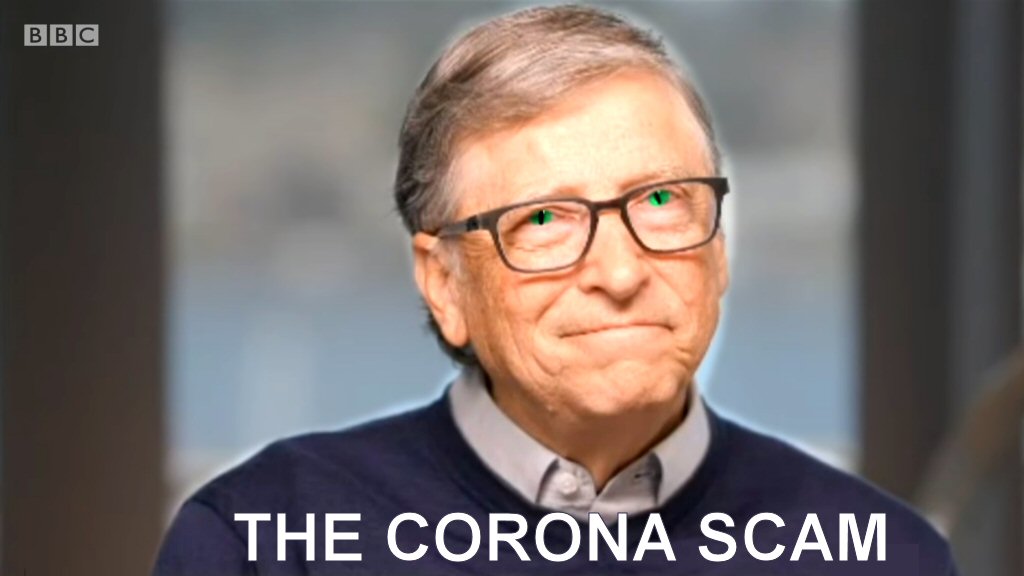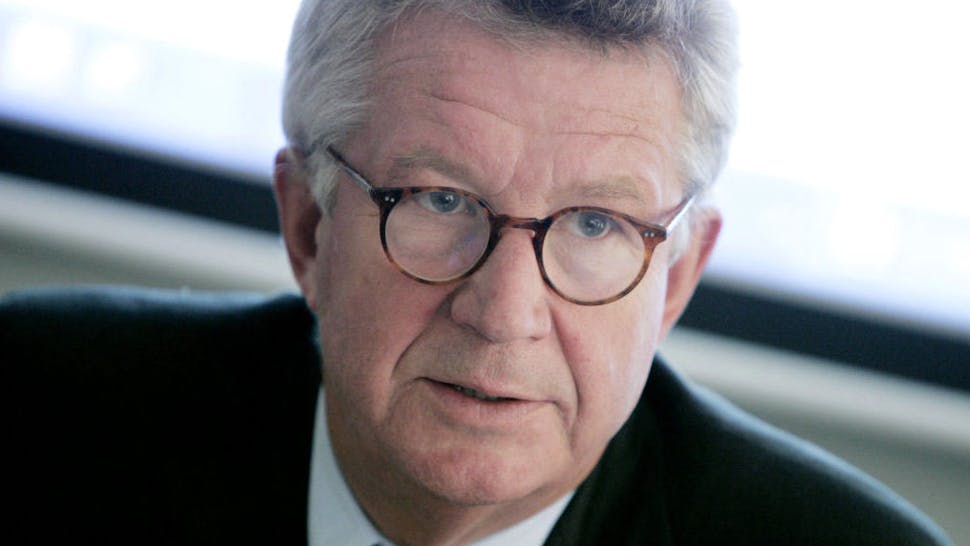The God of our imagination?
https://www.google.com/search?q=st+peters+ceiling+images+god+michael+angelo&tbm=isch&ved=2ahUKEwiXppme_pDpAhVk2OAKHZIeAhMQ2-cCegQIABAA&oq=st+peters+ceiling+images+god+michael+angelo&gs_lcp=CgNpbWcQA1DIDViQSGDkS2gAcAB4AIABa4gBmgqSAQQxMi4zmAEAoAEBqgELZ3dzLXdpei1pbWc&sclient=img&ei=oDSrXpfWH-SwgweSvYiYAQ&bih=844&biw=1248&rlz=1C1ARAB_enGB463GB464#imgrc=35SuzDZf3oSYgM
A reminder of the time when the village was invisibly divided by religious affiliation, not without its social connotations. The four were physically CoE, Wesleyan Methodist and Plymouth Brethren. As far as I know, there had never been a Roman Catholic church, unless of course one concedes that prior to Henry VIII's break with Rome (1533) all churches were RC and no other form of worship was allowed. Pensford up until the early 19th C. also boasted Quaker (Belluton) and Congregationalist (Whitley Batts) the latter now a house. My mother's sister was a Methodist and helped to keep the ailing Chapel going by, with her lodger, Mervyn - sadly recently passed away - playing the organ as he did elsewhere. Also of interest maybe is that Acker Bilk's father and (step) mother were active members, his father acting Minister and mother organist.
Like plants, we don't question the soil we grow in, yet it determines how well the seed grows. Nature and nurture combine to make the characters we are, and I am not sure how important is the third factor - our own will - to influence what happens to us. We all experience a physical environment and react to it on a constant and continuing basis, but less obvious - but perhaps even more important - is the unseen world of ideas that influences our interpretation of life. It was our illustrious friend and fellow parishioner Locke, who coined the term 'Tabula rasa' or blank slate of the child, on which is inscribed meaning and understanding. Formerly this was the part played by Christian faith within the context of family and wider society. It shaped individual and nation. We are now in a post-Christian age. In lock-down, in fact melt-down. Are we better or worse for it? Only time will tell.
Dom Lowe Wise words well put Tim, I know I dismiss religion easily, it's a fault of mine of which there are several.
The curve we’re on dictates that one day the world will be free from the worship of supernatural deities and I believe will be a better place for that - I just wish I could be around to see it
Dom Lowe You may be right - in both senses - Dom. Humans have been around for at least a hundred thousand years, at least five thousand of which have left documented evidence of religious belief. There is good reason to believe belief may go deeper than the cerebellum - literally. That it is programmed into the genetic make-up of the species, whether the actual tenets are true or not. Sorry to keep referencing him, but our friend JL got into very deep water with his views on religious faith, as he did with those on politics and even science. No wonder he kept his name out of it until he was virtually at death's door.
Someone once said that there is a God shaped hole in everyone's heart that only God can fill. That may be a trite euphemism but it is undoubtedly true that humans do seem to be restless in their search for meaning, the mystical and luminous. All intellectual efforts, whether they be in art or science, seem to be directed that way. And there are very real philosophical problems if all we have in the universe is chance and chaos. Our lives do indeed become a rather sick joke and we feel it. Then we have the matter of mental insight and genius, Albert Einstein a case in point. (His 'God letter recently sold for three million dollars) He was quoted with saying, "God does not play dice with the universe" whilst disclaiming any belief in the idea. He says: “The word God is for me nothing more than the expression and product of human weaknesses, the Bible a collection of honourable, but still primitive, legends which are nevertheless pretty childish.” Irrationality is at the basis of all our thoughts and actions, even when we think them rational. Yet it is surely impossible to consider the universe and the amazing application of universal laws without a sense of wonder at the ineffability of it all? Nor have we even touched on the moral imperative.
https://www.theguardian.com/science/2018/dec/04/physicist-albert-einstein-god-letter-reflecting-on-religion-up-for-auction-christies








